We at Go Bananas Childcare strongly believe that learning should be fun. What looks like child’s play is actually the basis for life time learning. We want children to love learning so we create an environment full of fun play which is building the base of learning and understanding language, writing, exploration, maths, social skills, music and much more.
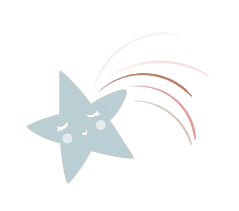
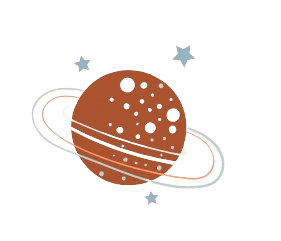
Sand and water play promotes physical development. Large muscle skills develop as children dig, pour, sift, scoop, and clean up spills with brush and dustpan. Eye-hand coordination and small muscle control improve as children learn to manipulate sand accessories. Sand and water play also promotes social skills. When children work together they are faced with real problems that require sharing, compromising, and negotiating.
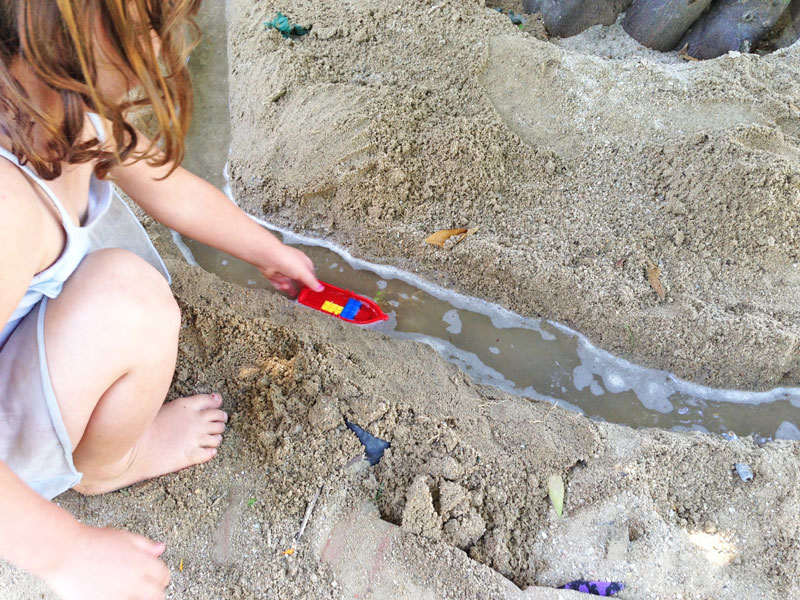
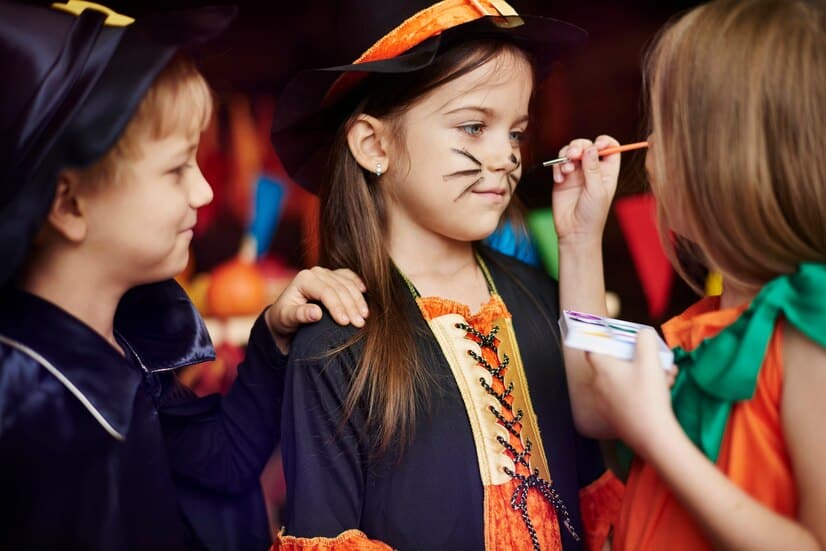
Dramatic play is where children accept and assign roles, and act accordingly. They pretend to be someone or something different from themselves and choose to go along the roles they have chosen to play. This is a time for children to explore, express and role model emotions and feelings in natural manner.
Outside the children can run, jump, climb, throw balls, do obstacle course and yell too. Although the children are playing to have fun, they are learning communication skills, vocabulary and number relations. They are also developing motor skills, hand eye co-ordination and developing their muscles.
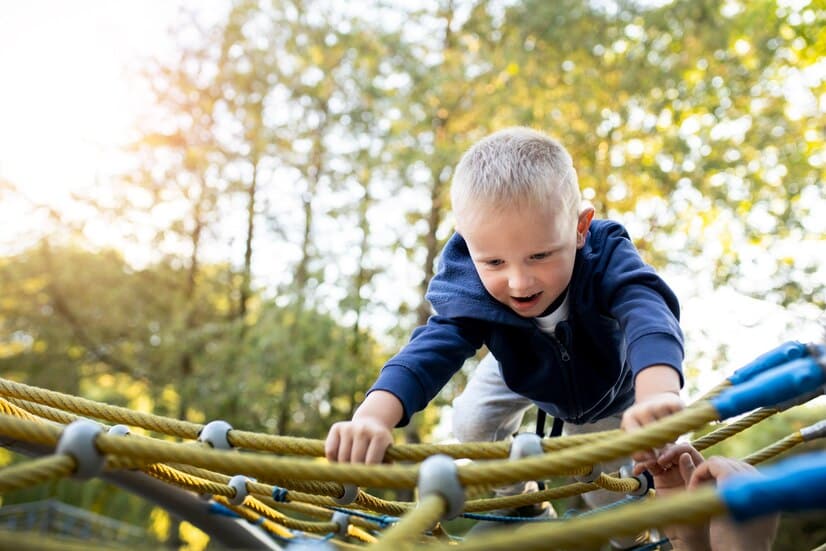
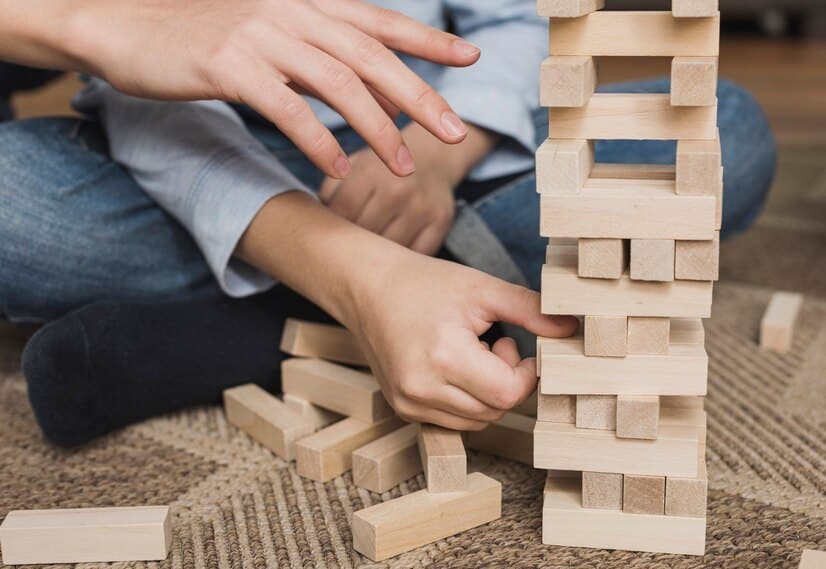
Group time is organized for children to know how to respond to the needs of others while in a group. Group activities meet the needs of the mental and emotional well-being of the children as they try to think and explain or express what they really want to do. Good team work makes good friends; relations and sense of belonging to the group. Children also gain confidence and self esteem by working with others in the group.
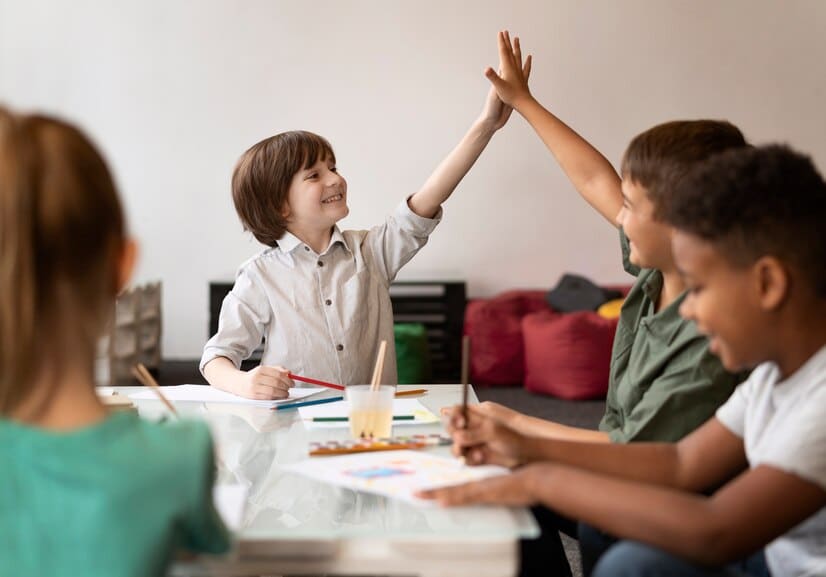

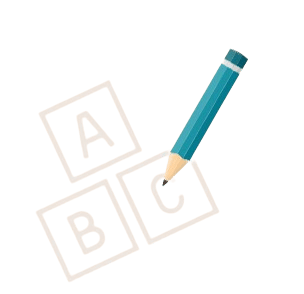

Mat time gives children a sense of belonging as they feel happy and excited sharing their own stories and in the process gain confidence and experience at expressing themselves. Mat times are opportunities to develop children’s language, understandings, knowledge, thinking and reasoning skills.